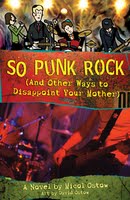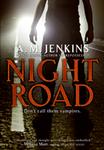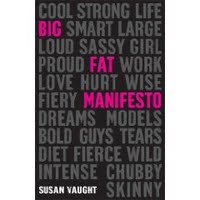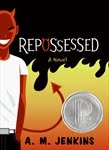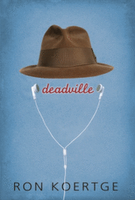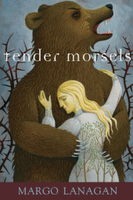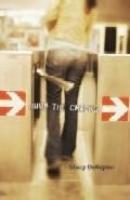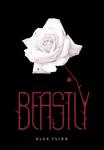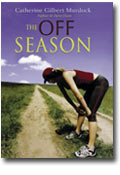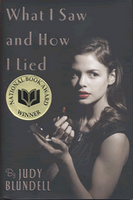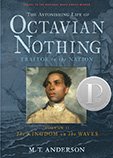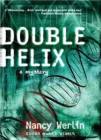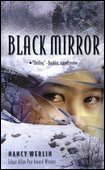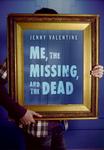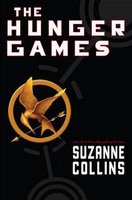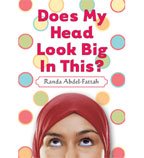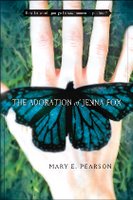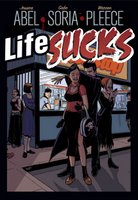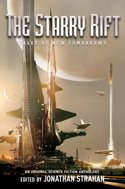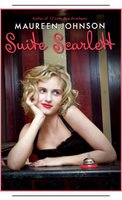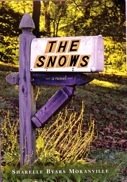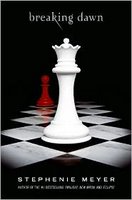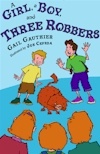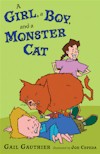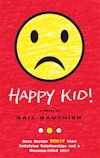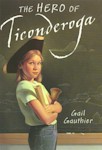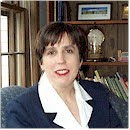But I Did Like It
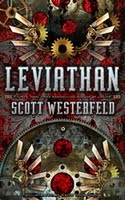
I used the above title because I can recall years ago reading long, long reviews that went on for a column and a half before the reviewer began to say anything about the book. Ah, those were the good old days, when newsprint was cheap and a reviewer could drone on and on, showing the world how clever she was.
Anyway, Leviathan by Scott Westerfeld--To cut to the chase, it's set in an alternative, steampunk just barely pre-WWI world in which the German-type folks, or Clankers, are into machines like no machines the German-type folks of that real era ever knew,and the British-type folks, known as Darwinists, are into "fabricated animals" that do all kinds of things for them, including serving as dirigibles. (Fabricating animals to function as machines seems like a great deal of work to me, but then science was never my strong suit. I am, in fact, still waiting to find my strong suit.)
The New York Times, where I used to read a lot of those long-winded reviews I was talking about earlier, carried a review for Leviathan in which the reviewer said there was "something a little mechanical (or bioengineered?)" about the two main characters. I would go further and say there was something a little mechanical about the whole book. You've got one storyline about Aleck, the classic royal refugee on the run with loyal retainers. You've got Deryn the classic girl disguised as a boy so she can follow her bliss in a line of work not open to women in the Victorian era. Deryn's bliss is flying on those fabricated beasties the Darwinists use to get around on, much as Matt in Airborn (another steampunk novel) is into gadding about on dirigibles. You've got a character here, Dr. Barlow, who reminded me of Europe in Monster Blood Tattoo. In fact, you have illustrations in this book that reminded me of those in Monster Blood Tattoo.
The book seemed to be manufactured of parts that would be recognizable to someone who had done much reading. It's well done, nonetheless. And less experienced readers won't have read a lot of books about girls going undercover as boys and royalty having to run for their lives. Leviathan won't sound as familiar to them. And I did like it--until I got twenty or thirty pages from the end, when I realized that this story wasn't going to be wrapped up in this volume and that I was reading a hardcore serial. Then I began to feel a little testy.
Scott Westerfeld has redone his website with a Leviathan theme. I thought the Leviathan trailer looked as if it was made by the same folks who did the trailer for Monster Blood Tattoo. Leviathan's had a neat ending, though. "Do you oil your war machines or do you feed them?"
And since steampunk deals with technology, this seems like a good time to refer you to Science Fiction and the Frame of Technology by Paul Woodlin, which I found a while back through Cynsations.
Plot Project: I almost forgot about the plotting project, in which I'm supposed to determine whether or not a plot was generated by a character wanting something and the author creating obstacles to the character getting it. Well, one thing I'm learning from thinking about the plots of the books I read is that you can't read authors' minds. You can only guess how a plot came about. I'm also becoming less and less entranced with the "find out what your character wants and then keep her from getting it" plot plan. If you go to Holly Lisle's Create Your Professional Plot Outline (thank you Procrastinating Writers), you'll see that she says you can develop a plot starting from a number of points, including world building. My guess is that even if a book like Leviathan began with its two traditional characters who can take off from traditional jumping off points--prince escaping, girl disguising herself as boy in order to gain entry into a male world--because it is steampunk, the world building would be crucial to plot development. It seems as if a lot of world building would have to come before the writer could do much with the plot. But that's just speculation.
Labels: Reader response, steampunk, YA
